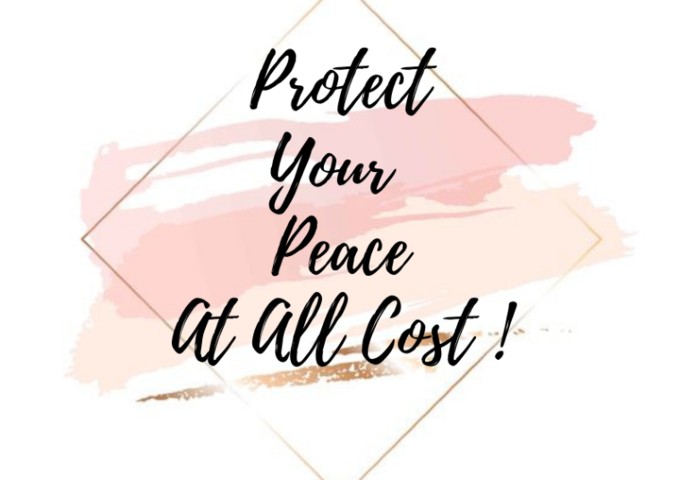What does it mean to protect your peace?
Taking care of and defending your physical, mental, emotional, Protect Your Peace quotes and spiritual well-being in the ways that you determine for protecting my peace yourself is essential to maintaining your peace of mind. In the end, you have to make the choices and establish the boundaries that you think are best for yourself in order to protecting my peace of mind.
Setting Boundaries
Creating boundaries is Protect Your Peace quotes one method to live in harmony. By setting limits, we respect our own needs, objectives, emotions, protecting my peace,and morals. Consider boundaries as personal rules that only you can establish. Our boundaries are going to alter as we do. The purpose of boundaries is to protect us and make us feel valued.
You are the only one who can protecting my peace establish boundaries since they are founded in your relationship with yourself. Boundaries can be of many Protect Your Peace quotes different kinds, including digital, emotional, physical, spiritual, protecting my peace,and financial ones. Here are a few instances of Protect Your Peace quotes boundaries:
- I’m willing to hear you share your feelings with me, but I’m not ready to discuss my feelings at this time.
- I’m cool with having sex, but I’d prefer to use a dental dam and a condom.
- I have to attend church every week, and even if I had to miss one, I won’t do so.
- This time, I’ll give you $5, but I won’t give you $20 more.
- I won’t give anyone my login details, but we can follow each other on social media.
Respecting boundaries
Everyone is free to alter their personal boundaries whenever they want. You, your parents, grandparents, aunts, uncles, cousins, and even your romantic or sexual partner(s) are all included in this. Establishing appropriate boundaries is essential to building positive connections with others and ourselves. Set healthy limits that respect each person’s right to privacy and allow you to be YOU.
Overstepping Boundaries
People will occasionally purposefully cross your personal limits or even attempt to alter them. This could be a sign of a toxic relationship—when someone is attempting to harm or control you.
The previously shared boundaries are shown below. Consider what it could look like to cross these boundaries:
- I’m willing to hear you share your feelings with me, but I’m not ready to discuss my feelings at this time.
- Overreaching: “I know how I feel; you must feel the same way, too.”
- I’m cool with having sex, but I’d prefer to use a dental dam and a condom.
- Going too far: “You don’t genuinely believe that we ought to use a condom, do you? I doubt that’s what you mean.
- I have to attend church every week, even if I have to miss one.
- Overstepping: “I’ll miss you, so I don’t want you to go to church.” For me, please skip.
- This time, I’ll give you $5, but I won’t give you $20 more.
- Going too far: “He handed me $20,
What Can You Do if Someone Oversteps Your Boundaries?
It’s acceptable to confront someone who crosses your limits and request that they cease. You can teach someone to respect your personal boundary if you feel comfortable said my peace doing so and they are essential to you.
However, keep in mind that not everyone will respect your boundaries. It is your said my peace duty to keep the peace in this situation. Not every person is intended to accompany us on our life’s journey. You have the right to be surrounded by caring individuals who regard your needs, objectives, emotions, said my peace and morals. Recall that you are the only one with the authority to establish or modify your own personal boundaries since you are the expert on your own experience. Have faith in said my peace yourself!
When to Reach Out
Navigating a relationship can be say your peace difficult at times, particularly if it is potentially toxic and involves someone controlling or hurting you, such as a friend or family member.
Speak with a trustworthy adult if you believe you may say your peace be engaging in toxic behaviours or if you are in an abusive relationship. You can acquire healthier connection skills and live a life that say your peace is consistent with your values by speaking with a trustworthy adult, such as a teacher, uncle, aunt, or counsellor.
Do you or a friend feel insecure say your peace in your current relationship? If so, you might think about using the resources for receiving help listed below.


